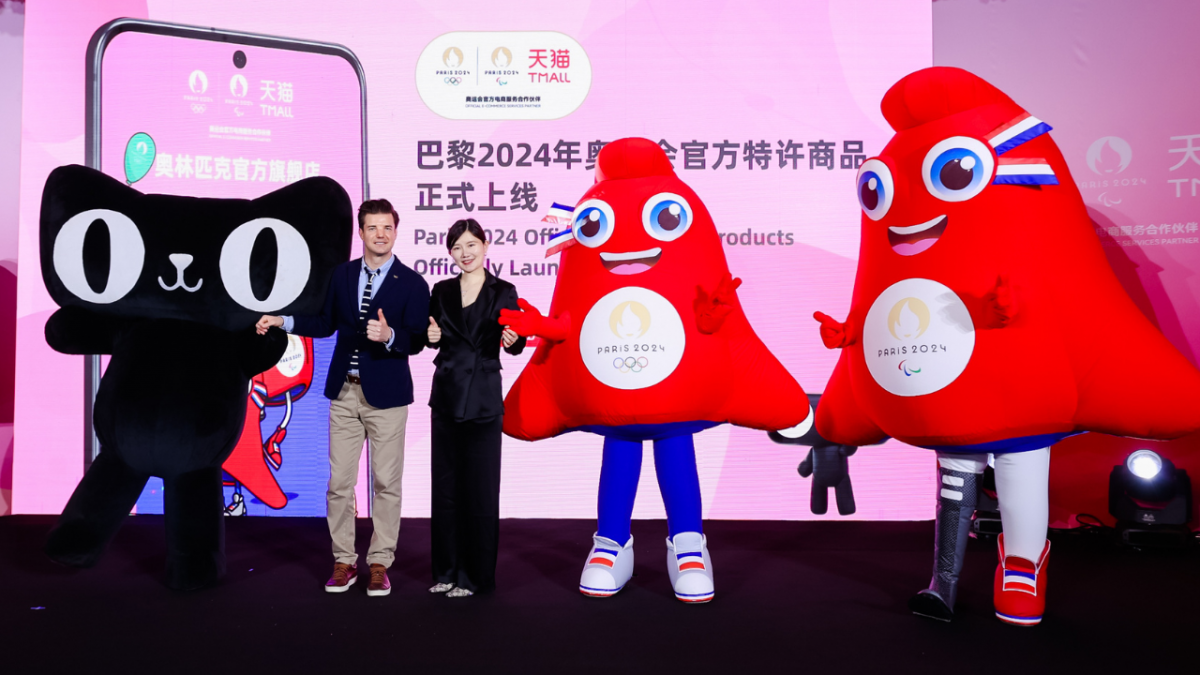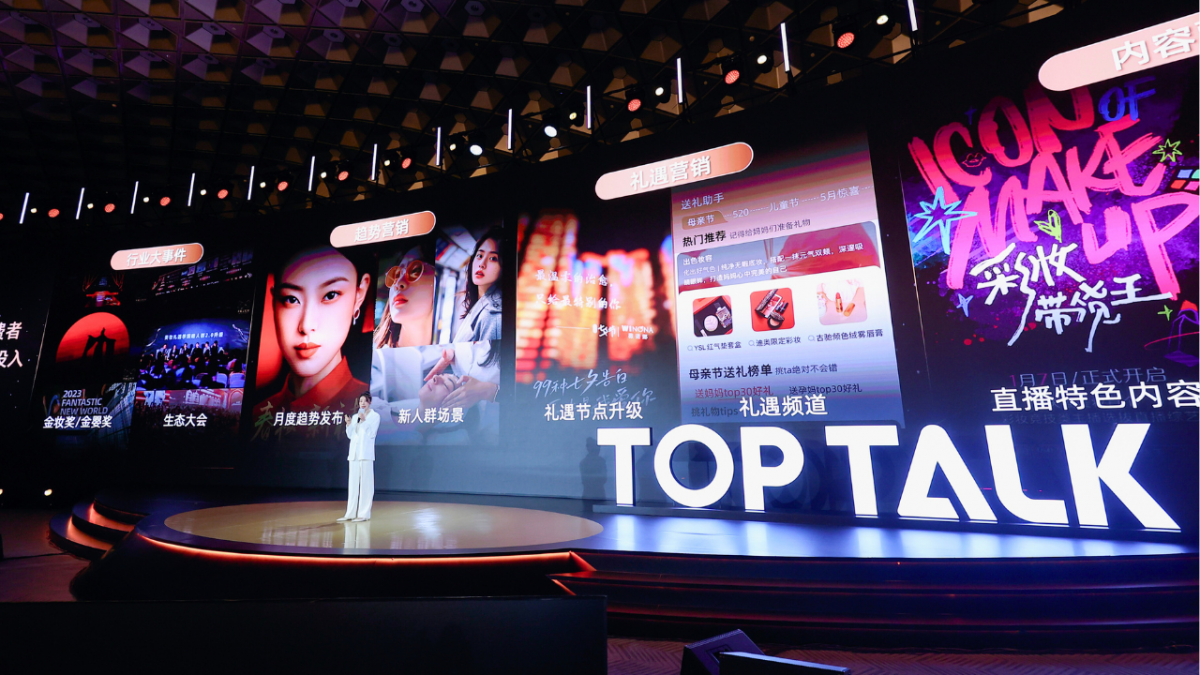
Luxury goods such as fashion jewelry and diamond engagement rings are not the type of products you’d normally expect to find on sale. But for Seattle-based Blue Nile, one of the world’s leading online diamond jewelers, being a part of Alibaba Group’s 11.11 Shopping Festival, China’s giant 24-hour online sale held every Nov. 11, is a no-brainer.
“Every e-commerce player took notice when we saw what was done last 11.11 compared with Black Friday and Cyber Monday,” said Jon Sainsbury, president of international for Blue Nile.
On Nov. 11 last year, Alibaba shopping websites including Tmall.com and Taobao Marketplace generated $5.8 billion in GMV (gross merchandise value) in a 24-hour period; the online sales total for Thanksgiving Day, Black Friday and Cyber Monday combined was $3.6 billion last year, according to comScore. “Anybody is going to look at that and get pretty excited about getting their brand in front a large customer base and exposure to a lot of new customers,” Sainsbury said.
Blue Nile—named “Best Website for Jewelry” by both Money and Real Simple magazines— is among more than 200 overseas merchants from more than 20 countries that are participating in this year’s 11.11 Shopping Festival as Alibaba tries to make it a more global affair. What sets Blue Nile apart is its status as the first international online diamond jeweler to join the sale via a recently launched virtual storefront on Tmall Global.
Tmall Global is a cross-border sales channel set up by Tmall.com that allows Western brands to sell and ship directly to Chinese consumers without needing to establish physical offices or warehouse inventory in the PRC. This is an ideal solution for Blue Nile. Founded in 1999, the U.S.-listed company offers high-quality diamonds and fine jewelry at prices that are up to 40 percent below traditional jewelry story prices. But the company’s biggest advantage over bricks-and-mortar is its ability to allow shoppers to browse an inventory of 150,000 certified loose diamonds as well as hundreds of settings to create their own engagement rings, all through the Blue Nile website.
This model means a big part of Blue Nile’s business is making and shipping jewelry on demand—a model that works well if the company doesn’t have to warehouse merchandise in China and can instead ship to Chinese customers after their rings are made in Seattle. Tmall Global “allows us to ship directly from the U.S., which means we can offer a much larger product assortment than we have on our [standalone] China site,” said Paul Forman, China general manager for Blue Nile.
The company’s China customers wait about two weeks for delivery, Forman said, adding that overseas shipping rates “are not too high of a factor if you look at the relative price of the items being purchased.”
Blue Nile’s Tmall Global store is not its first in China. The company established a standalone Chinese-language site in 2012 and also sells through a niche Chinese branded-goods online marketplace. By joining Tmall Global, Blue Nile gains a presence on China’s two largest online marketplaces, Tmall.com and Taobao Marketplace, with some 280 million annual active buyers. “The access to such a large customer network really made it a compelling reason to do it,” Forman said.
Tapping into Asia’s burgeoning ranks of consumers is a key part of Blue Nile’s strategy. In the company’s most-recent quarter, Asia-Pacific sales grew by 47.5 percent and now represent close to 60 percent of total international revenue, according to company officials. Although Blue Nile does not disclose its China results, recent performance in Greater China “provides confirmation that our investments in the area are paying off and further affirmation that the strategy is working,” said Blue Nile CFO David Binder during a conference call with stock analysts last week.
In the U.S., the average Blue Nile customer is 30 years old and makes $100,000 a year. That’s far more than the average Chinese consumer, but Sainsbury said he’s encouraged because of China’s deep bench of potential customers who are “savvy, tech-enabled and who appreciate value.”
Besides, while the institution of marriage has been on the decline in the U.S. for decades—nowadays “there are about 2 million a year, that’s our market,” Sainsbury said—in China there are more than 10 million couples getting hitched annually. “The country has a growing middle class and a higher percentage of people participating in the traditional Western practice of buying an engagement ring,” he said. “We think this is really the right time for us to be in the market because of all those trends that are triangulating in China.”
Indeed, online shopping on mobile devices is booming in China, which appears to play to a Blue Nile strength. Roughly 50 percent of the company’s overall website traffic today comes from smartphones and tablets. Jewelry buffs aren’t just browsing: Blue Nile’s largest sale on a phone in the third quarter was a diamond worth $187,000.
High-endbling notwithstanding, the company is not forgetting the discounts. Sainsbury and Forman say they’re comfortable cutting prices for Chinese customers during the 11.11 sale, having done so on Cyber Monday in the U.S. numerous times. The company plans to offer discounts of about 20 percent on selected engagement rings (one-third to one carat), diamond stud earrings, diamond necklaces, as well as fashion jewelry, Forman said.
“We are excited to be a participant on the (Tmall Global) platform this year and excited for the potential it offers us,” Sainsbury said.




